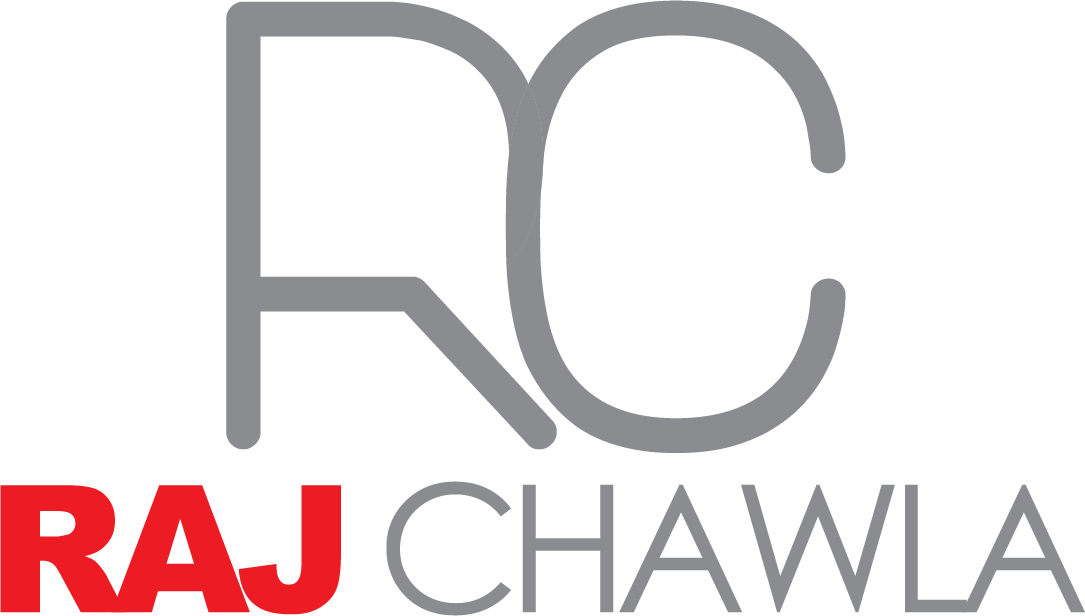Government emphasises spending to bolster economic recovery underway. IN BRIEF $106.6 billion deficit with net debt to peak at $980.6...
Read MoreFrom figuring out what income you’ll be taxed on to claiming work deductions – tax returns can feel a bit daunting. We’ve broken down what income the Australian Taxation Office (ATO) says you need to include on your tax return and clear up whether super is in or out.
In short – no, superannuation is not included as part of your taxable income according to the ATO. However, super contributions themselves are taxed. So what income does the ATO say you need to pay tax on?
Taxable income is the income that you have to pay tax on. According to the ATO, this can be calculated by taking your ‘assessable income’ and then subtracting any deductions you’re allowed to claim. The ATO says your assessable income includes things like your salary and wages, tips, gratuities and other payments for service, interest from bank accounts, dividends from investments, and pensions. Deductions are usually costs you’ve incurred that are directly related to your income and may include things like vehicle and travel expenses and home office expenses.
The ATO says that super is not included or reported as income when you lodge your tax return at the end of the financial year. So, for example, if you receive a yearly income of $75,000, your reported, assessable income will be $75,000, not $75,000 plus super.
How is super taxed?
It should be noted that some types of super contributions themselves are taxed. According to the ATO, how super contributions are taxed will depend on whether the contributions were made before or after paying income tax, whether you exceed one or both of the super contribution caps, and your level of income.
Before-tax super contributions or “concessional contributions: are generally taxed at 15% at the time they are received by your super fund. Concessional contributions are things like compulsory employer contributions and salary sacrifice payments made to your super account. According to the ATO, if you’re a low income earner ($37,000 or less) in a particular financial year, the low income super tax offset will apply so that any tax paid on these super contributions will be automatically added back into your super account (up to $500). On the other hand, high-income earners (those with a combined income and super contributions of more than $250,000), must pay either an additional 15% tax on their concessional contributions or the amount in excess of the current $250,000 threshold, whichever is the lesser amount.
The ATO’s advice is that after-tax super contributions are not taxed when received by your super fund. However, the ATO also states that if your after-tax (non-concessional) contributions exceed the cap for a particular financial year, you can then choose to either withdraw the excess amount and have it assessed as part of your taxable income, or leave it in your super account and let it be taxed at 47%. According to the ATO, after-tax super contributions include things like contributions made from your after-tax income, contributions made by a spouse to your super fund, and personal contributions not claimed as an income tax deduction.
Government emphasises spending to bolster economic recovery underway. IN BRIEF $106.6 billion deficit with net debt to peak at $980.6...
Read MoreRegardless of how far off retirement is for you, it could be beneficial to regularly check that your finances are...
Read MoreThe amount of superannuation you should have is a culmination of the contributions made into your super account, fees deducted...
Read More